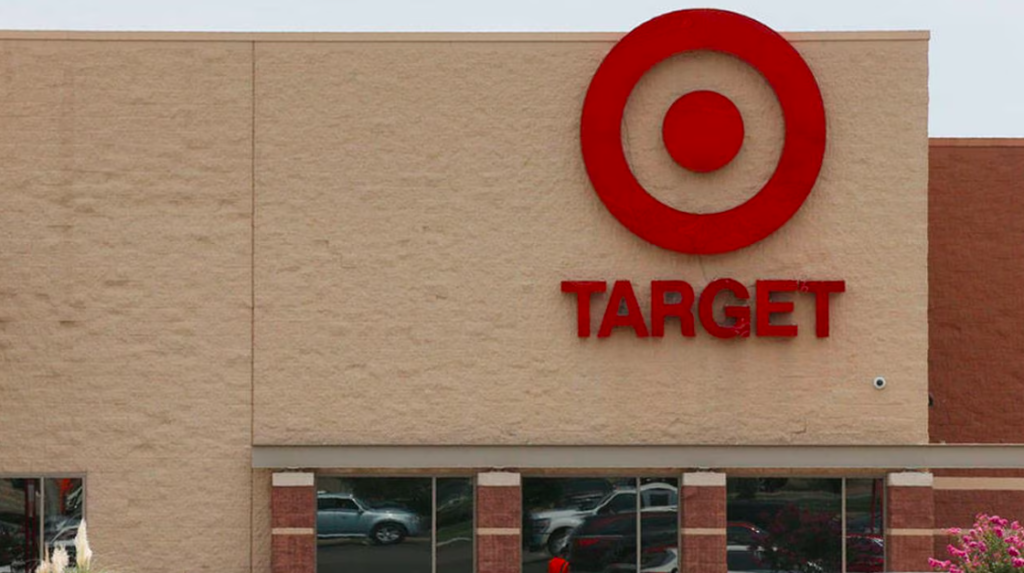
In recent years, the United States has seen a surge in crime and insecurity, leading to major retailers such as Target taking drastic measures to protect their stores and employees. The chain’s recent announcement to close nine stores across the country serves as a harsh wake-up call, exposing the growing challenges faced by businesses and communities.
Target’s decision to close stores in cities like Harlem, New York, Seattle, Washington, San Francisco/Oakland, California, and Portland, Oregon, was prompted by a wave of robberies and looting. In a press release, Target stated that the safety of their employees and customers is their top priority, but the heightened levels of crime have made it difficult to operate these stores successfully.
In recent years, retailers have invested heavily in technology and security measures to combat theft and fraud, but it seems that the rise of organized crime has outpaced these efforts. This is not an isolated issue, as major retailers such as Walmart, CVS, Walgreens, Home Depot, and Foot Locker have also been targeted by thieves.
The National Retail Federation (NRF), the largest trade organization for the retail industry, recently reported that retailers faced losses of $112.1 billion in 2022 due to theft, fraud, and damage. This highlights the impact of crime on the retail sector as a whole and raises concerns about the sustainability of brick-and-mortar retail.
The closure of these Target stores will not only affect the company but also have a ripple effect on the local economies. The loss of jobs and revenue could have long-term consequences, making it crucial for the government to take swift action to address the issue.
With information from Primicias






